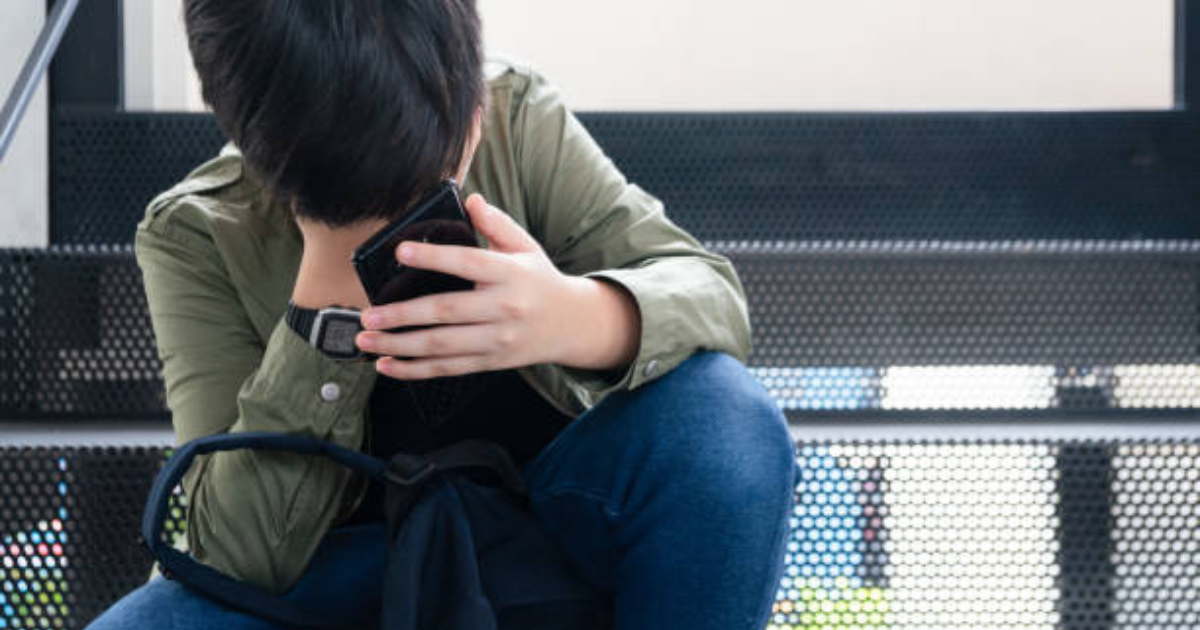Depressive Effects of Facebook

One of the saddest realities now is that many people rely on Facebook to prove that they exist and they matter. The number of likes, hearts, and comments they receive become a definition of their social status. The more thumbs up you have, the more popular you are. The more engaging your photos or videos are, the more likely they will go viral and boost your social media traffic.
Questions remain unanswered and unclear up to this point: does Facebook cause depression and anxiety among its users? Is the term “Facebook depression” for real? Experts believe that mental health problems occur when there is excessive use of Facebook. In addition, “the amount of time and intensity of the online world is thought to be a factor that may trigger depression for some adolescents”.
Facts about Facebook and Mental Health
Parents and teachers alike showed their concern and worries because they witnessed firsthand how the excessive use of Facebook brings so many changes in children’s behavior and thoughts. Some would agree that being a slave to Facebook creates an unrealistic view of what the world is.
1. Facebook is the leading social media platform.
It reaches 59% of social media users. As of the latest data this year, Facebook has 2.94 billion active users, and 1.96 billion visits the site every day. 38% of its users are children under the age of 13. Parents are concerned that through Facebook, their children are exposed to sexual predators and cyber-bullying. Many of them are already showing depression symptoms that escalate their worries.
2. Facebook is directly linked to depression.
A survey conducted in different universities showed that access to Facebook increases depression rate by 7% and anxiety disorder by 20%. The researchers believed that the main reason behind this data is social comparison among students and peers. Since most university students live away from home, their parents are not aware of their depression symptoms.
3. Facebook Depression is happening.
Since Facebook has taken over social upbringing and increased the digital presence of many people, a new phenomenon called Facebook Depression was coined. Though this has been debunked by the people from Facebook, it still raises concerns and worries to its users.
4. Too much usage is associated with high stress levels.
Recent studies have also shown that too much usage of Facebook perks up your stress level and puts you in a bad mood. “According to some authors, the mood decline mainly occurs because users feel they wasted time and engaged in something that was only a little meaningful by being active on Facebook”.
5. Facebook affects self-confidence.
Facebook changes how you perceive yourself and your worth. It dwindles your self-confidence. It becomes an instinct to compare yourself to others every time you see how better their lives are than yours. A study revealed that Facebook use is linked to low self-esteem.
Reasons Why Excessive Use of Facebook Could Harm Young People

Before the Internet and social media became popular and accessible, parents only worried about bullying or teasing on school grounds. But now with Facebook, there is another way that will torment and hurt children. The upsetting thing about this is that it can be hard to identify who the bullies and the predators are. They live and exist behind computer screens and their identities are difficult to trace. Despite this, the impact and effects of cyberbullying on children are detrimental to their physical and mental health.
Young children are susceptible to intimidation and violence. They easily get hurt. Feeling intense and negative emotions such as fear and anger are all new to them. They do not yet have the mind and the capability to protect themselves from abuse and bullying from other people.
Based on cyberbullying research, 21% of children between the ages of 10 and 18 have experienced cyberbullying. “Two-thirds of tween victims of cyberbullying said that it had a negative impact on how they felt about themselves”.
Ask for Help
According to the same research, 29% of cyberbullying victims did nothing to stop the act and only 11% chose to talk about such incidents to their parents. Children think that by telling the adults like parents and teachers, the bullying will only get worse.
If your children or you know someone who has been cyberbullied and experienced depression symptoms, contact a medical health provider. Therapy and counseling sessions will help them a lot as they learn to manage and handle their situations.
It will never be an easy journey, but this is a brave step to conquer your fear. Therapy and counseling sessions will guide you on how to approach certain situations like this. It is not an overnight healing but they will give you the right perspectives on what to think and how to behave.
Mindshift Psychological Services provides therapy and counseling sessions for those who are struggling with cyberbullying, depression, and anxiety. You may visit our website to know more about our medical professionals and services. You may also contact us at (714)584-9700.



